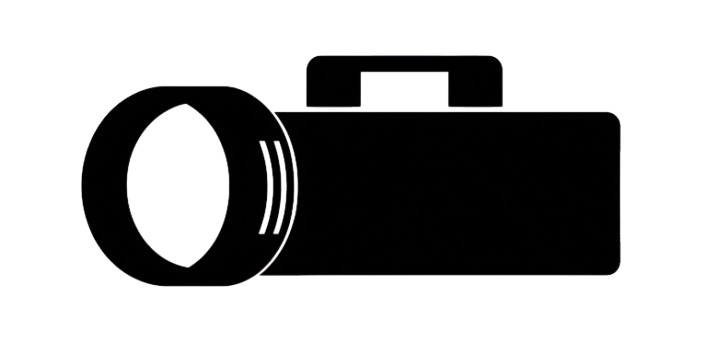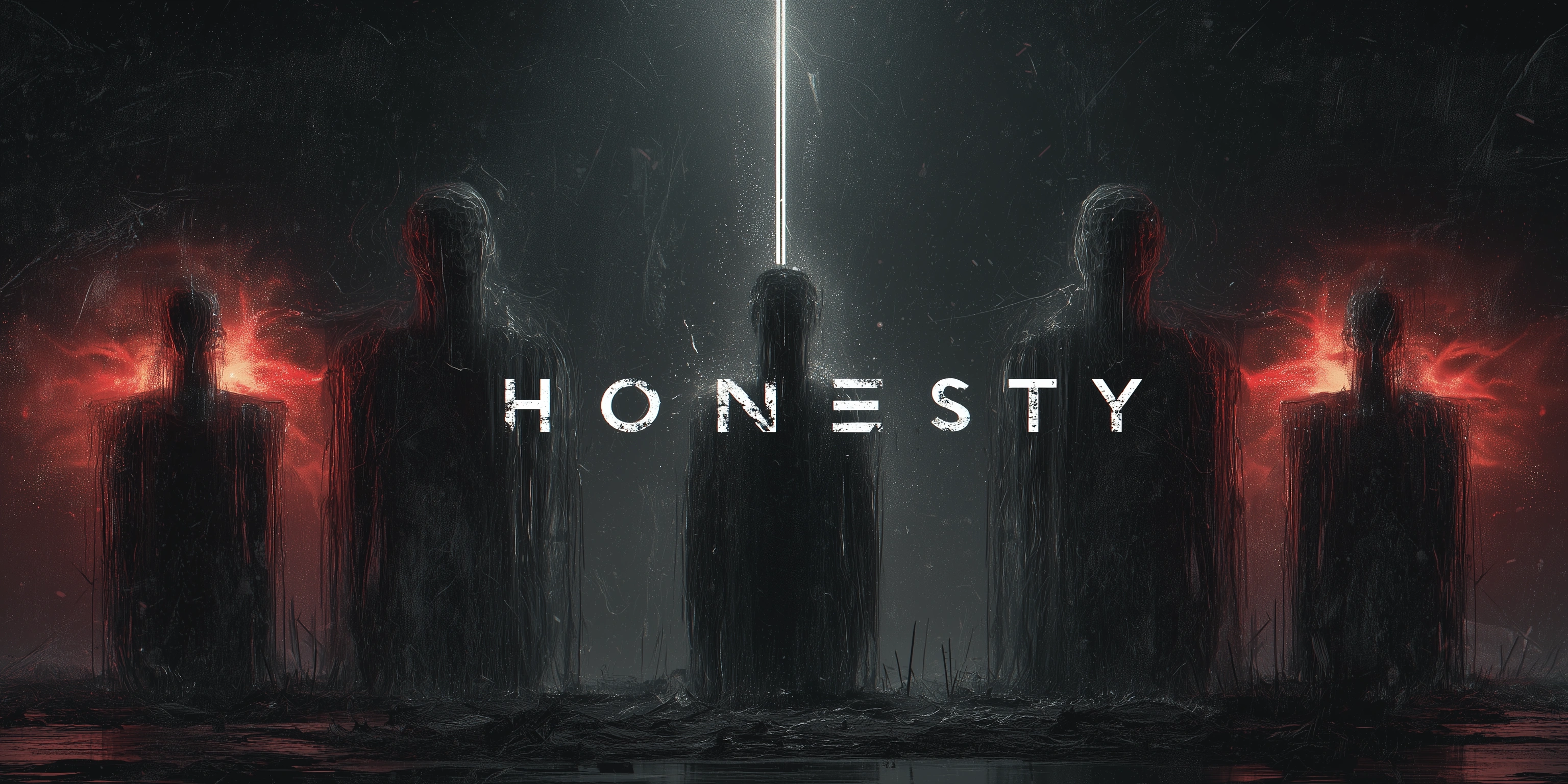Try to survive, and don’t dare to lie
National secrets are publicly exposed, old scars reopen into new wounds, and the age-old saying “honesty is the best policy” may well be the shortest. Surviving for a day is no problem, a week is still doable, but after a month, the number of divorces rises sharply, prisons fill up faster than ever, and a white lie? Forget it. And after a year... well, that remains to be seen — if there's still a year left.
Trust no one, speak even less
In a world where lies no longer exist, survival is no longer determined by weapons or food, but by words.
Every question can be a dagger, every truth a spark that sets relationships, friendships, or entire communities ablaze.
Your privacy evaporates, your secrets are laid bare, and the smallest misstep can betray you.
Survival here does not mean escaping disasters or monsters, but learning to cope with the merciless burden of radical honesty.
💡Extra tip: Are you an extrovert? Better stop right now… your truths can and will be used against you, maybe even betrayed to others. Are you an introvert? Good job. You won’t have trouble keeping quiet — and in this world, speech is silver, but silence is golden.
The collapse of truth
Over time, society adapts — but not everyone survives the adaptation.
Governments collapse under the weight of constant exposure, and new systems rise where transparency is no longer a virtue,
but a weapon. Technology shifts toward silent communication, encrypted emotion, and hidden intention.
Radical honesty, once seen as moral purity, becomes the reason trust no longer exists.
Humanity learns the hardest lesson of all: truth without restraint doesn’t unite — it isolates.
💡Extra tip: Governments will adapt faster than citizens. If you ever have to survive in a world of total honesty, don’t speak up — listen. Information is still power, even when it’s no longer hidden.
Did you know?
With emotion-tracking AI on the rise, a world of forced honesty might not be fiction for long. Some algorithms can already detect lies in voice tone and micro-expressions — with over 90% accuracy.

